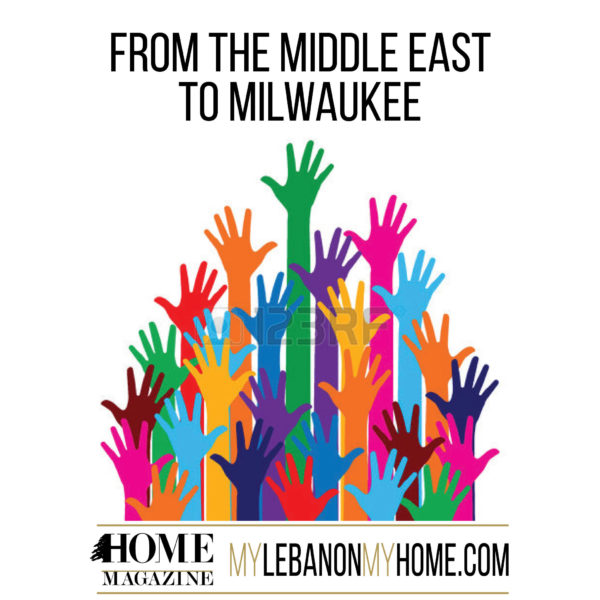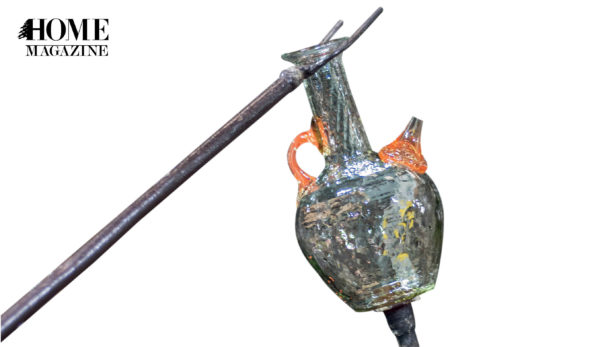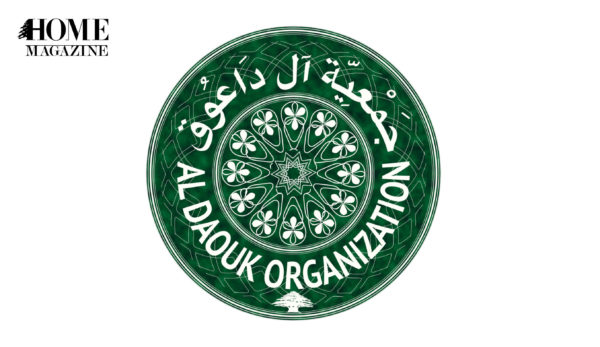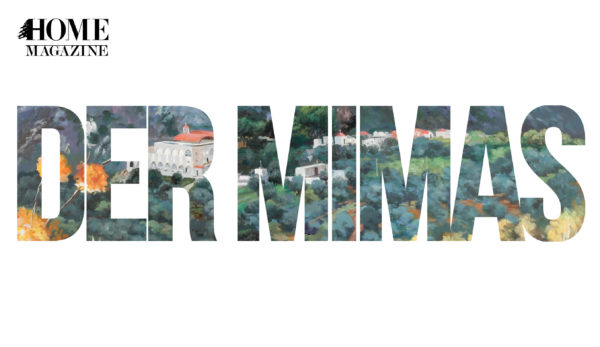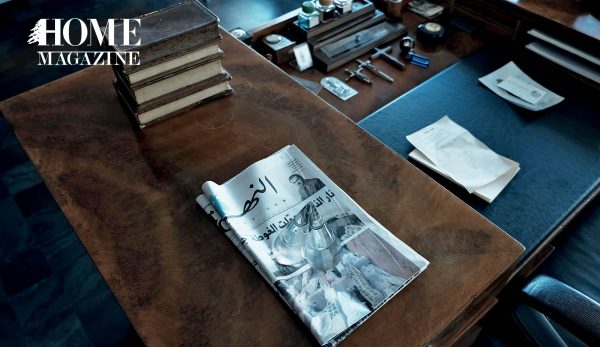Answers by Tara Craft
What brought you to Lebanon?
I moved to Beirut in August 2014 to complete an internship with the NGO MercyCorps in a monitoring and evaluation role as part of my graduate degree requirements. I’m studying sustainable international development and am interested in the Syrian refugee crisis. Seeing Lebanon from both an expat/tourist perspective as well as gaining an understanding of the many complexities the country is facing on a local level has been fascinating. I am from the U.S. and am studying in Boston, Massachusetts.
I have committed to an eight-month internship, but my husband and I love it here and are hoping to stay longer.
What has surprised you most about Lebanon?
It is bittersweet to see the wounds of the Civil War in mansions that are crumbling down, but you can still envision the majestic structures they once were.
Have you felt safe here?
I have always felt safe and comfortable anywhere I have traveled in the country. Yes, there is war all along the borders, yet most of the country is accessible and beautiful. If you are wise and pay attention to the cautions of locals, you will be fine and well taken care of.
What do you miss most about the USA?
Green spaces! It is hard to come by public space in Beirut, plus the heavy smog in the air in the summer drives most people inside to their air conditioning. Boston is known as
America’s walking city and Beirut is… let’s just say, it’s not as pedestrian friendly and there are not many places to hang out outdoors. Getting out of the city is a must! We haven’t spent much time in the mountains and I love hiking, so that is a top priority when we return to Lebanon.
Favorite places to visit in Lebanon?
We love to go to Colonel Brewery in Batroun. It’s a great open layout restaurant and bar with a large grassy yard and a beautiful building with living walls of plants. The food is fantastic and the beer is the best in the country, in my opinion. We love to play outside and throw the Frisbee around so it is perfect to go have a leisurely Sunday lunch of mixed grill, a black Irish beer, and play in the yard where you can smell the sea breezes. Great spot!
Favorite Lebanese food?
Though not a vegetarian, I am not a big meat person. So, it is surprising that I love the raw beef kibbeh! The texture is so creamy and has such a buttery flavor – oh it’s beautiful. I only like a small amount, but it is definitely the most unique and delicious Lebanese dish I have tried. The Armenian food I’ve found in Lebanon is also amazing. Seza’s meatballs with cherry sauce may be one of my favorite meat dishes.
Favorite Lebanese saying or slang?
Insh’allah.
Would you recommend that other expats come to work here?
I would definitely recommend that other expats come to Lebanon. For someone interested in the Middle East, Lebanon is really important geopolitically as well as historically and culturally.
Most people around the world know someone who is Lebanese (since most Lebanese people actually live outside of Lebanon), so when most people think of the Middle East and Middle Eastern food, they are probably thinking of Lebanon without even knowing it.
Answers by John Stiefel
What brought you to Lebanon?
I am from Seattle, Washington, but have lived in different around the USA. After two short-term deployments to Lebanon in response to the influx of refugees from Syria, I moved to Lebanon in January 2014.
I work as the water, sanitation and hygiene (WASH) specialist for World Vision. My job includes project design, project oversight, networking with various stakeholders (e.g. the government, the U.N., NGOs, universities, the private sector), and sitting on the WASH Sector Steering Committee. Before moving to Lebanon, I lived three years in Uganda. I initially came to Lebanon on a one-year contract and have been here one and a half years.
Lebanon and Beirut have broken every single stereotype that I ever had about the Middle East.
What things are the most similar and most different from the USA?
The out of control nature of the advertising industry is quite similar.
What is different is that in the U.S., a community’s development usually begins with the basics (e.g. fundamental water, sanitation, roads and electricity infrastructure) and then advances to the luxury (e.g. fancy malls and fancy cars). Whereas in Lebanon, it is more common to see the luxury without certain basics.
Favorite places to visit in Lebanon?
North: Qadisha Valley; South: Tyre; Central: Byblos. I love the natural beauty of Lebanon, its history, its diversity, and the life pulse that it has (e.g. the arts, the cultural, the food, the hospitality).
Favorite event in Lebanon?
The Fete de la Musique an open-air free music festival in Beirut.
Favorite Lebanese saying or slang?
Yalla, habibi.
What has most inspired you about Lebanon?
I love how there are so many social/historical/cultural/religious dimensions to everything in Lebanon.
Every observation and every answer to a question is like a piece of a puzzle that fits into this broader picture and context that is fascinating.
It is inspiring to see how so many bits of information and knowledge from many different aspects of life have a strange way of coming together here in a very inter-related way.
How do you like working for an NGO in Lebanon?
It provides good opportunities to meet many interesting people (e.g. communities, government officials, other NGOs, universities, the U.N., donors) and collaborate in addressing dynamic challenges facing Lebanon. My favorite thing about my job is knowing that my work is contributing to improving people’s lives.
Would you ever settle down in Lebanon?
Yes.
Have your friends or families visited?
Yes. I’ve had a number of friends visit. They all loved Lebanon. I am a huge promoter of Lebanon as a tourist destination.
Would you recommend that other expats come to work here?
Absolutely. Lebanon is one of the most dynamic and diverse places I have lived or visited.














